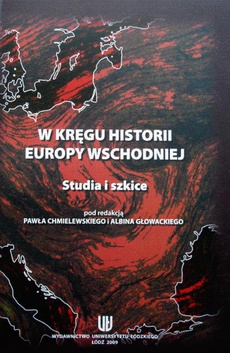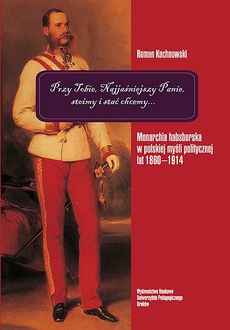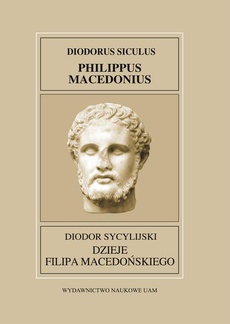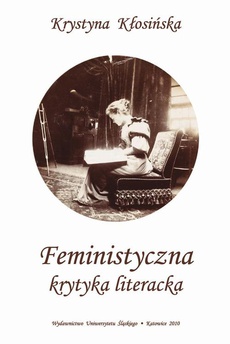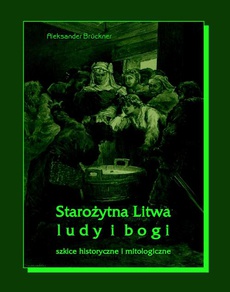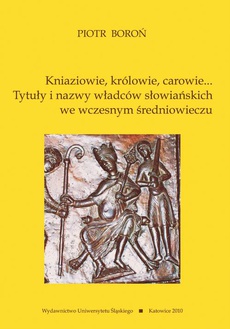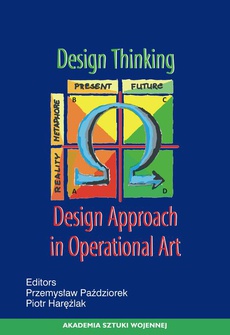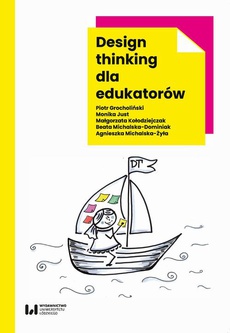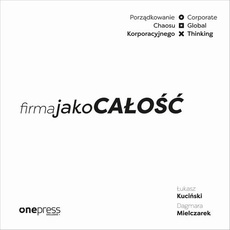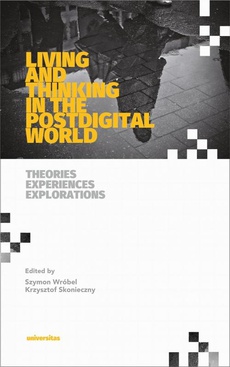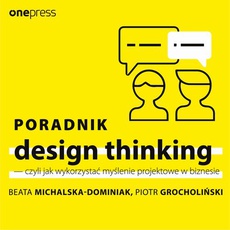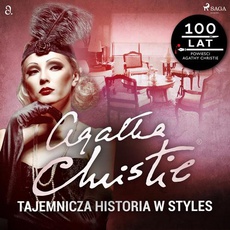POLECAMY
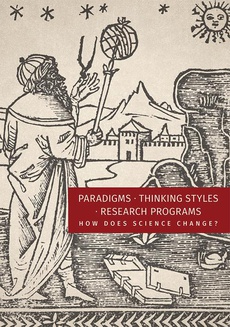
Paradigms. Thinking Styles. Research Programs. How Does Science Change?
Wydawca:
Format:
pdf, ibuk
Science as a form of human knowledge has always sought to explain causes and mechanisms behind observed phenomena and described them in various aspects. Changes, discoveries, and findings in science have accompanied the emergence of new theoretical concepts and ideas that have influenced research programmes and thinking styles. Under certain socio-cultural circumstances, these processes shaped concepts and terms in different epochs, creating paradigms of scientific cognition. They were an important element of discourse in many areas. The history of science also records significant moments – radical and rapid changes in paradigms. Following the methodological nomenclature of T. Kuhn, they can be named as scientific revolutions. Certain research programmes enjoy greater stability, whereas others become less prevalent. The aims of the present work are: to show different grounds and research possibilities in the development of multiple scientific concepts in their historical context; to reveal the mechanisms underlying the changes in science and their course in the past and present times; to discuss the formation and functioning of various ideas, values, and innovations in the past. In particular, we are interested in various case studies of paradigm changes on a small and large scale. We want the work to have: firstly, a multi-disciplinary character, thus respecting the methodological separateness of the humanities, natural, theological, philosophical, and social sciences; secondly, interdisciplinary, that is, researching possible relationships that exceed traditional boundaries between domains of knowledge.
| Rok wydania | 2020 |
|---|---|
| Liczba stron | 135 |
| Kategoria | Historia Europy |
| Wydawca | Uniwersytet Jana Kochanowskiego |
| ISBN-13 | 978-83-7133-845-8 |
| Język publikacji | angielski |
| Informacja o sprzedawcy | ePWN sp. z o.o. |
Ciekawe propozycje
Spis treści
| Introduction ………………………………………………… | 7 |
| LUCYNA KOSTUCH (Institute of History, Jan Kochanowski University in Kielce) Ancient and modern results of the observation of animal behaviour based on the fox. Between the humanist paradigm and the natural paradigm ….. | 9 |
| AGNIESZKA KIJEWSKA (Faculty of Philosophy, The John Paul II Catholic University of Lublin) The history of medieval philosophy and its historiography ……………. | 27 |
| BEATA WOJCIECHOWSKA (Institute of History, Jan Kochanowski University in Kielce) Blood science. From Galen to William Harvey – transformations of the paradigm until the end of the seventeenth century …………….. | 43 |
| SYLWIA KONARSKA-ZIMNICKA (Institut of History, Jan Kochanowski University in Kielce) From astronomy to astrology and back. Thoughts of a medievalist ……… | 55 |
| REV. PAWEŁ TAMBOR (Faculty of Theology, Faculty of Philosophy, The John Paul II Catholic University of Lublin) From a static Universe to an expanding Universe: a paradigm shift or a change in thought style? …………………………………. | 71 |
| YVES GASPAR (Trinity Hall, University of Cambridge, United Kingdom) A different universe – attempts to address the crisis of modern theoretical cosmology ………………………………………………. | 91 |
| ADAM ŚWIEŻYŃSKI (Institute of Philosophy, Cardinal Stefan Wyszyński University in Warsaw) From the ideas of spontaneous generation and cosmic origin of life to the bilinear concept of biogenesis ……………………………. | 101 |
| REV. ROMAN KULIGOWSKI A paradigm shift is not a shift of moral rules or values ………………. | 127 |





